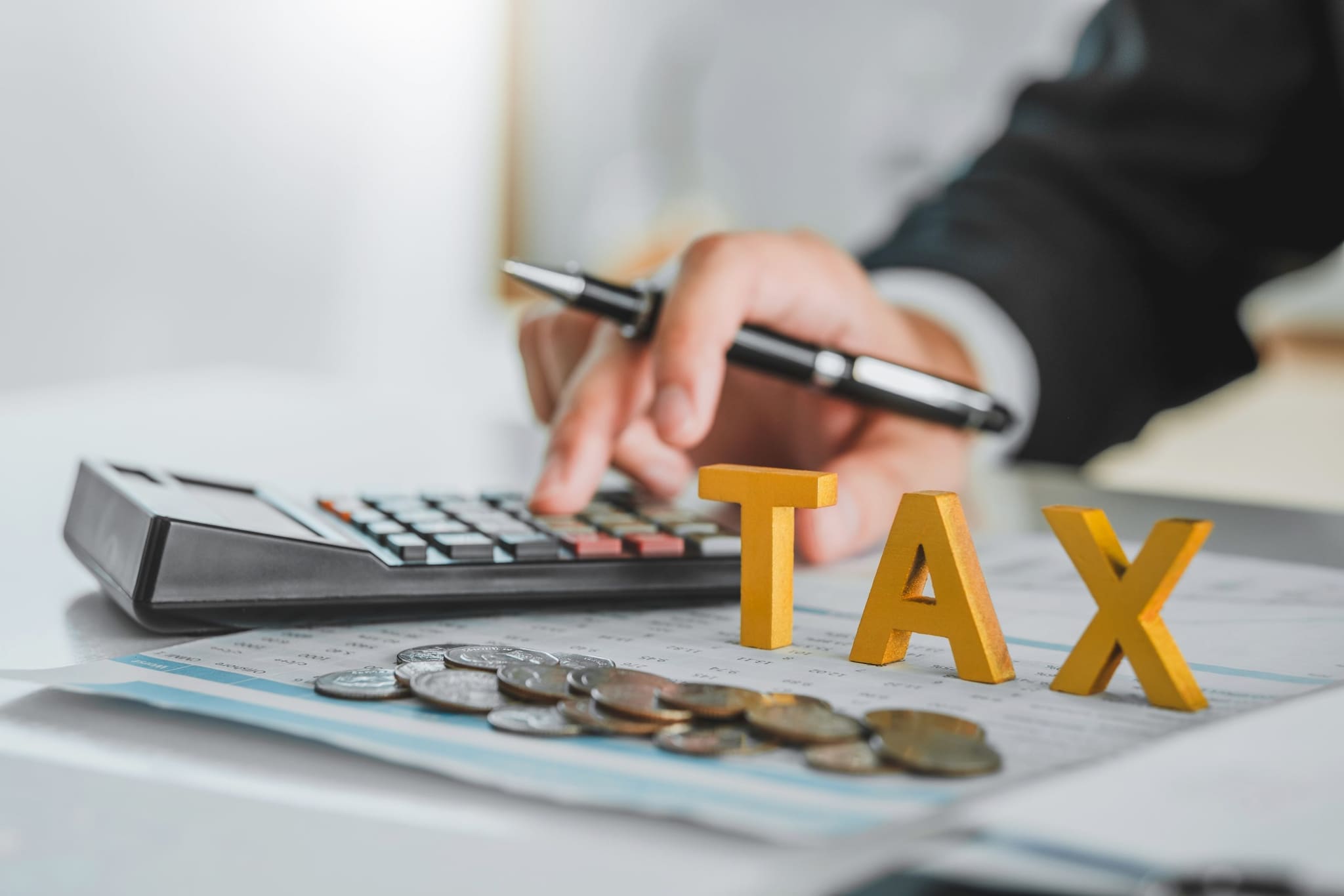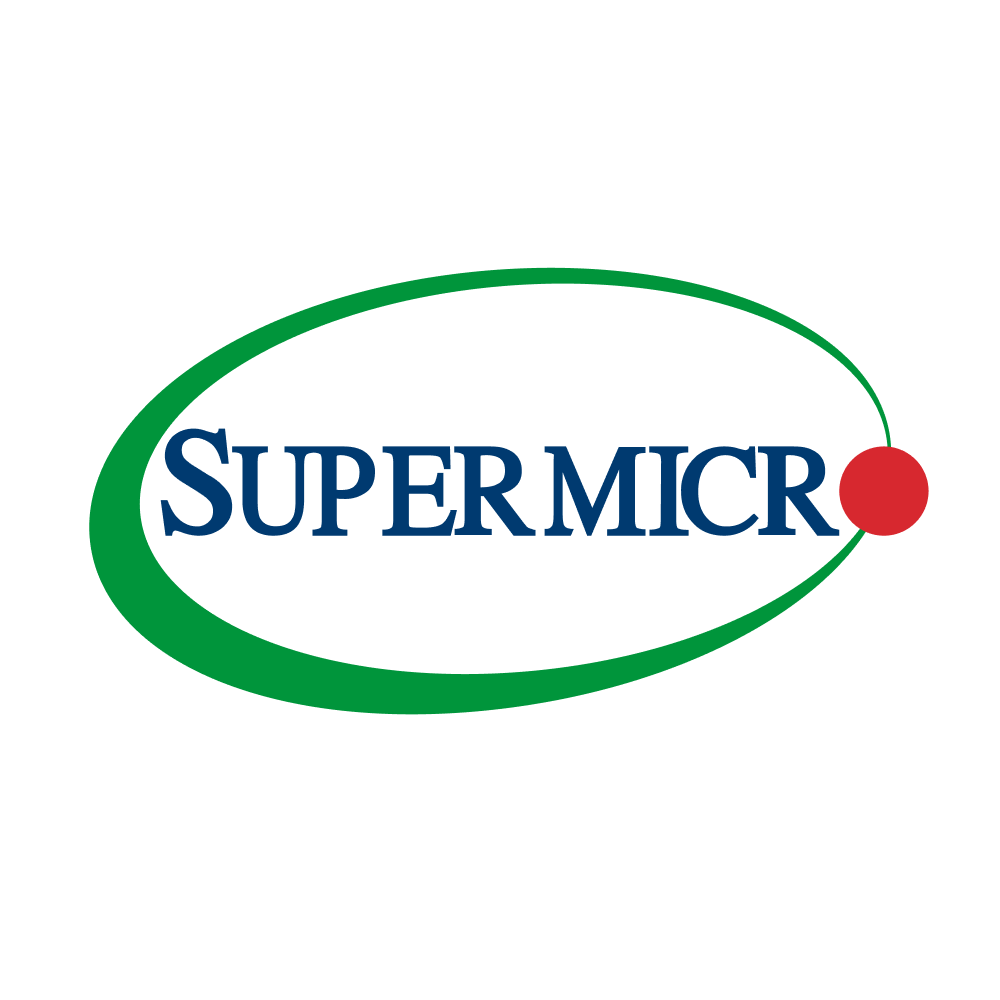Advertisement|Remove ads.
The case for self-refunds — can taxpayers be trusted?
The time has come for the CBIC to seriously examine if it can permit ‘self-refund’. By this I mean that in certain circumstances like in the case of zero-rated supply of goods or services or both we trust the taxpayer to self-claim the refund without having to apply, writes former CBIC chairman Najib Shah.

This year has seen major upheavals in the Goods & Services Tax (GST). The August 15 announcement leading to GST 2.0 with a dramatic reduction in rates and slabs was followed by various process simplification measures. A simplified GST registration process, a major area of concern, with strict timelines for grant of registration has been put in place.
The other major recommendation made by the 56th GST Council meeting was regarding sanction of risk-based provisional refund claim of up to 90% in specific circumstances. Thus, in cases of export of goods or services to a Special Economic Zone, or in cases of inverted duty structure, 90% of the refund is to be sanctioned. The Central Board of Indirect Taxes & Customs (CBIC) has also issued an instruction in early October laying down the guidelines and procedure for such refunds. These instructions have come into effect from November 1.
This is a welcome step. The danger however in anything done provisionally is the time lag typically taken in finalising the order. The instructions are silent on this. We have had a poor experience in finalisation of provisional assessments which tend to remain pending for long periods. Given this experience and having taken the decision to grant up to 90% refund in certain circumstances, the logical step would have been to go the whole hog — and take an even bolder step in keeping with the audacious decision to slash the slabs and rates.
The time has come for the CBIC to seriously examine if we can permit ‘self-refund’. By this I mean that in certain circumstances like in the case of zero-rated supply of goods or services or both we trust the taxpayer to self-claim the refund without having to apply. We must bear in mind that in any case as per the new dispensation a provisional refund of up to 90% must be sanctioned.
The ‘self-refund’ provision will kick in cases where the first refund has been sanctioned by the department after necessary scrutiny and they have satisfied themselves about the credential of the refund claim. In other words, the taxpayer is risk free. Having satisfied the department of their credentials, in subsequent claims of refund where the facts and circumstances are the same, the taxpayer should be permitted to ‘self-refund ‘ themselves.
Obviously, all this must be done online and GSTN will need to suitably put in place the necessary system to support this. CBIC in close collaboration with the Controller General of Accounts (CGA) — for this is money which has already gone into the government kitty — will have to ensure that the moneys which the taxpayer felt was due to them is credited into their account. The taxpayer will in all such cases be expected to submit the entire refund claim and supporting documents within 15 days thereafter for the department to examine the correctness of the claim and initiate necessary action where it is not. Such action in cases of delinquency will necessarily have to be severe-both because this is a betrayal of trust and as a signal to others.
Are there any challenges in putting in place a ‘self-refund’ mechanism? We trust the taxpayer to self-assess be it in Income Tax or in Customs or in GST. In self-assessment the taxpayer determines their taxable income or classifies the product, determines their liability and discharges the same. The department takes up a small percentage, based on risk parameters, for a more detailed scrutiny and initiates necessary action where a default is ascertained.
There is no justification for not similarly trusting the taxpayer to determine their refund claim and taking what is their due. The law will have to be amended to permit such a taxpayer to self-refund to money which has been credited into the government account. It can be done — just like the fiscal laws were amended to permit self-assessment.
Are there any pitfalls? We must remember the facility will be extended only to non-risky assesses whose credentials have been verified and confirmed. Such tax-payers will be registered and known to the department. We must remember the suggestion is to restrict such self-refund only in cases of zero-rated supplies of goods and services. This will mean exports. They will be filing all necessary documentation justifying the self-refund which will be subject to scrutiny and necessary corrective and penal action where there is an incorrect action. Based on this experience we could expand the facility to other risk-free taxpayers.
Are there any advantages? This will ensure no delay, will ensure no accusations of rent seeking and will truly be a major trade facilitation measure. Since the proposal is in the first instance only for cases of zero-rated supplies, it will hugely facilitate the exporters who are going through challenging times. It is a major step forward in trade facilitation. This is an idea whose time has come — and will be in keeping with the steps initiated by the government to trust the taxpayer and ensure simplification of procedures.
So yes, we should trust the taxpayer. Ther are significant gains both for the taxpayer and the tax administration both in terms of optics and in terms of enhancing refund efficiency — a self-refund provision could rewrite tax administration.
—The author, Najib Shah, is former Chairman, Central Board of Indirect Taxes & Customs. The views are personal.
The other major recommendation made by the 56th GST Council meeting was regarding sanction of risk-based provisional refund claim of up to 90% in specific circumstances. Thus, in cases of export of goods or services to a Special Economic Zone, or in cases of inverted duty structure, 90% of the refund is to be sanctioned. The Central Board of Indirect Taxes & Customs (CBIC) has also issued an instruction in early October laying down the guidelines and procedure for such refunds. These instructions have come into effect from November 1.
This is a welcome step. The danger however in anything done provisionally is the time lag typically taken in finalising the order. The instructions are silent on this. We have had a poor experience in finalisation of provisional assessments which tend to remain pending for long periods. Given this experience and having taken the decision to grant up to 90% refund in certain circumstances, the logical step would have been to go the whole hog — and take an even bolder step in keeping with the audacious decision to slash the slabs and rates.
The time has come for the CBIC to seriously examine if we can permit ‘self-refund’. By this I mean that in certain circumstances like in the case of zero-rated supply of goods or services or both we trust the taxpayer to self-claim the refund without having to apply. We must bear in mind that in any case as per the new dispensation a provisional refund of up to 90% must be sanctioned.
The ‘self-refund’ provision will kick in cases where the first refund has been sanctioned by the department after necessary scrutiny and they have satisfied themselves about the credential of the refund claim. In other words, the taxpayer is risk free. Having satisfied the department of their credentials, in subsequent claims of refund where the facts and circumstances are the same, the taxpayer should be permitted to ‘self-refund ‘ themselves.
Obviously, all this must be done online and GSTN will need to suitably put in place the necessary system to support this. CBIC in close collaboration with the Controller General of Accounts (CGA) — for this is money which has already gone into the government kitty — will have to ensure that the moneys which the taxpayer felt was due to them is credited into their account. The taxpayer will in all such cases be expected to submit the entire refund claim and supporting documents within 15 days thereafter for the department to examine the correctness of the claim and initiate necessary action where it is not. Such action in cases of delinquency will necessarily have to be severe-both because this is a betrayal of trust and as a signal to others.
Are there any challenges in putting in place a ‘self-refund’ mechanism? We trust the taxpayer to self-assess be it in Income Tax or in Customs or in GST. In self-assessment the taxpayer determines their taxable income or classifies the product, determines their liability and discharges the same. The department takes up a small percentage, based on risk parameters, for a more detailed scrutiny and initiates necessary action where a default is ascertained.
There is no justification for not similarly trusting the taxpayer to determine their refund claim and taking what is their due. The law will have to be amended to permit such a taxpayer to self-refund to money which has been credited into the government account. It can be done — just like the fiscal laws were amended to permit self-assessment.
Are there any pitfalls? We must remember the facility will be extended only to non-risky assesses whose credentials have been verified and confirmed. Such tax-payers will be registered and known to the department. We must remember the suggestion is to restrict such self-refund only in cases of zero-rated supplies of goods and services. This will mean exports. They will be filing all necessary documentation justifying the self-refund which will be subject to scrutiny and necessary corrective and penal action where there is an incorrect action. Based on this experience we could expand the facility to other risk-free taxpayers.
Are there any advantages? This will ensure no delay, will ensure no accusations of rent seeking and will truly be a major trade facilitation measure. Since the proposal is in the first instance only for cases of zero-rated supplies, it will hugely facilitate the exporters who are going through challenging times. It is a major step forward in trade facilitation. This is an idea whose time has come — and will be in keeping with the steps initiated by the government to trust the taxpayer and ensure simplification of procedures.
So yes, we should trust the taxpayer. Ther are significant gains both for the taxpayer and the tax administration both in terms of optics and in terms of enhancing refund efficiency — a self-refund provision could rewrite tax administration.
—The author, Najib Shah, is former Chairman, Central Board of Indirect Taxes & Customs. The views are personal.
Read about our editorial guidelines and ethics policy












/filters:format(webp)https://news.stocktwits-cdn.com/large_Getty_Images_2219660022_jpg_fef8a28c63.webp)
/filters:format(webp)https://st-everywhere-cms-prod.s3.us-east-1.amazonaws.com/Sourasis_Bose_Author_Image_939f0c5061.jpg)
/filters:format(webp)https://news.stocktwits-cdn.com/large_Michael_Burry_jpg_fa0de6ac92.webp)
/filters:format(webp)https://st-everywhere-cms-prod.s3.us-east-1.amazonaws.com/shanthi_v2_compressed_98c13b83cf.png)
/filters:format(webp)https://images.cnbctv18.com/uploads/2025/03/godrej-properties-2025-03-26360dc3577f68a13b48655a90887115.jpg)
/filters:format(webp)https://st-everywhere-cms-prod.s3.us-east-1.amazonaws.com/cnbctv18logo.png)
/filters:format(webp)https://news.stocktwits-cdn.com/large_Getty_Images_2237402456_jpg_555b4e50f9.webp)
/filters:format(webp)https://st-everywhere-cms-prod.s3.us-east-1.amazonaws.com/IMG_9209_1_d9c1acde92.jpeg)
/filters:format(webp)https://st-everywhere-cms-prod.s3.us-east-1.amazonaws.com/large_nio_resized_jpg_3f8dac1b04.webp)
/filters:format(webp)https://news.stocktwits-cdn.com/IMG_8805_JPG_6768aaedc3.webp)
/filters:format(webp)https://images.cnbctv18.com/uploads/2025/02/shutterstock-2430067801-2025-02-58ec75dc7304a16a2bc94d7cd36349b3-scaled.jpg)